Literary Studies > QUESTIONS & ANSWERS > EXAM 3 - COUN506 questions with answers 2020-2021 GRADED A+ (All)
EXAM 3 - COUN506 questions with answers 2020-2021 GRADED A+
Document Content and Description Below
Some beginning Christian counselors may be tempted to quote a quick verse, or give an easy biblical solution without delving into deeper issues in the life of the client. What caution about using th... e Bible in counseling might that illustrate? Answer: Using the Bible as a smokescreen 4 out of 4 points Question 2 Healing prayer can best be described as: Answer: All the above 4 out of 4 points Question 3 In our Christian counseling, if we want to help our client read the Bible for spiritual formation, what is true? Answer: We need to help our clients develop the personal discipline to diligently approach God’s word. 4 out of 4 points Question 4 The lectures discussed using the METAMORPH grid by filling in the biblical references and spiritual formation columns. What is the purpose behind doing that? Answer: We need to learn how to help clients think biblically and correct faulty thought patterns. 4 out of 4 points Question 5 The lectures talked about specific strategies for using the Bible in counseling. Which of the following would NOT be endorsed based on the lecture discussion: Answer: I could use counseling techniques that teach clients how to legitimately get revenge on an abusing spouse. 4 out of 4 points Question 6 If we want our clients to “set the stage” for formative reading of Scripture, what should we encourage them to do? Answer: All of these 4 out of 4 points Question 7 As a Christian counselor, I can use the Bible in an anthropological way. What would be an example of that in counseling? Answer: I help my client to understand the common struggles of humanity. 4 out of 4 points Question 8 This study source was downloaded by 100000830772748 from CourseHero.com on 10-24-2021 04:15:52 GMT -05:00 https://www.coursehero.com/file/38701489/EXAM-3-COUN506docx/ This study resource was shared via CourseHero.com COUN506 Exam 3 The lectures explain that comments by the lecturer about Christian counseling are in the “soul care” tradition, and as such, spiritual formation is emphasized. Which answer below would NOT be true of Formative Reading of the Bible, as discussed in the lecture? Answer: It is the same as informative reading. 4 out of 4 points Question 9 In the context of the discussion on inside/out, outside/in change, the lecture used the term “condemnation engineering” as an example of a mechanism of outside-in change. What is an example of that mechanism? Answer: A therapist unconditionally accepts a client in spite of the client’s off-putting behavior. 4 out of 4 points Question 10 According to the lectures, a guiding principle for using scripture in counseling is: Answer: Christian counselors should use scripture in their counseling but should always ask "in what ways, under what circumstances" prior to quoting scripture. 4 out of 4 points Question 11 Based on the week five lecture, what are some appropriate ways to use scripture in counseling? Answer: Directly using scripture, implicitly utilizing scriptural principles within counseling strategies, and using scripture to evaluate to determine if a counseling strategy is biblically consistent or biblically neutral. 4 out of 4 points Question 12 Which answer below best describes the statement: “We can always count on God’s Word, but we must be careful of our interpretations and applications,” -- from the Five Potential Problems When Using the Bible in Christian Counseling lecture? Answer: The “overconfidence” trap. 4 out of 4 points Question 13 In the lecture discussion on potential problems when using the Bible in counseling, the lecturer referred to “relying excessively on the Bible when other strategies might be more helpful to the client at that moment.” What “trap” may that quote illustrate? Answer: The “overreliance” trap. 4 out of 4 points Question 14 Although the lectures emphasized the importance of inside-out change, the lectures also explained the value of outside-in change. What is the function of dislocating experiences in the context of outside-in change? Answer: Sometimes a traumatic personal experience can cause a client to look at deeper issues of the heart. 4 out of 4 points [Show More]
Last updated: 2 years ago
Preview 1 out of 4 pages
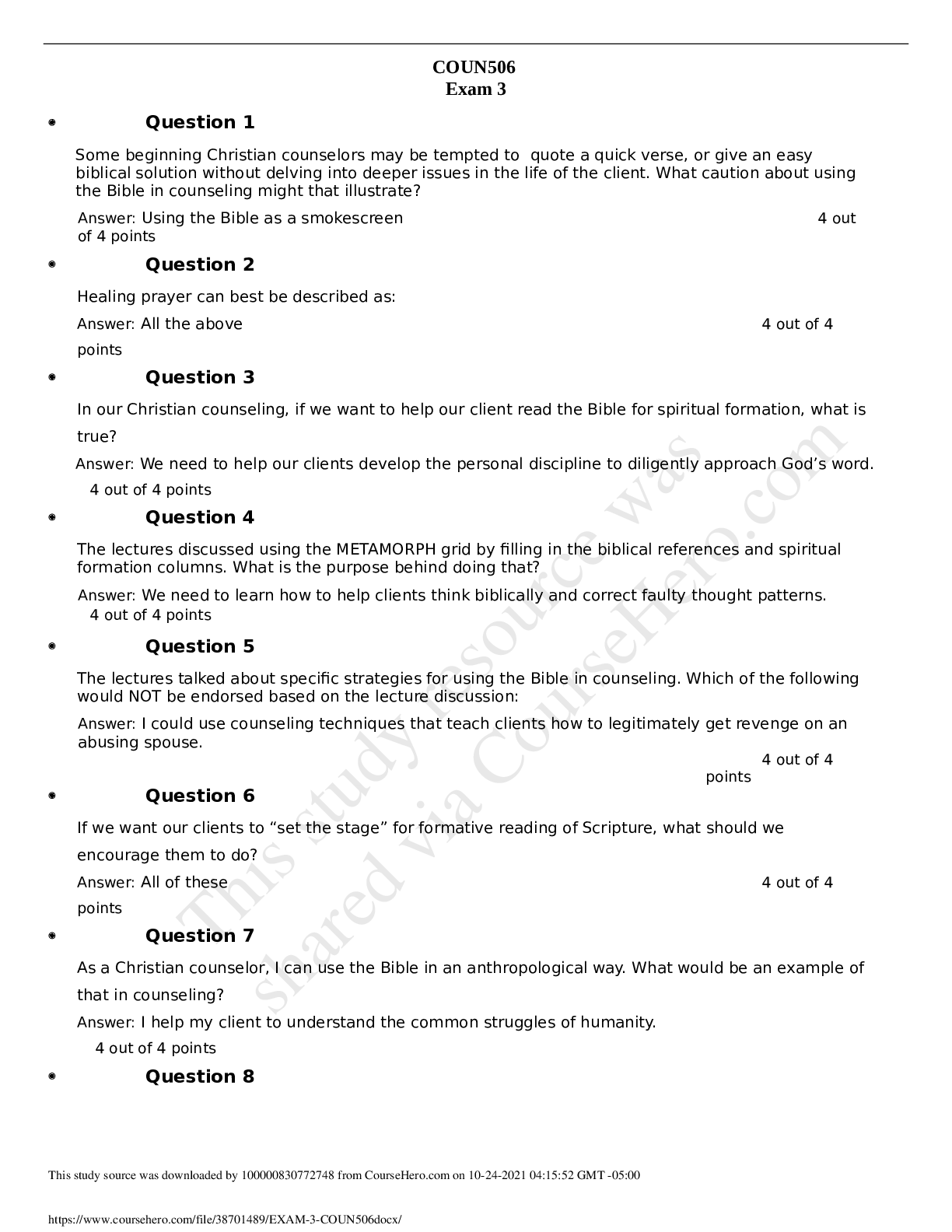
Buy this document to get the full access instantly
Instant Download Access after purchase
Buy NowInstant download
We Accept:

Reviews( 0 )
$7.00
Can't find what you want? Try our AI powered Search
Document information
Connected school, study & course
About the document
Uploaded On
Oct 24, 2021
Number of pages
4
Written in
Additional information
This document has been written for:
Uploaded
Oct 24, 2021
Downloads
0
Views
145


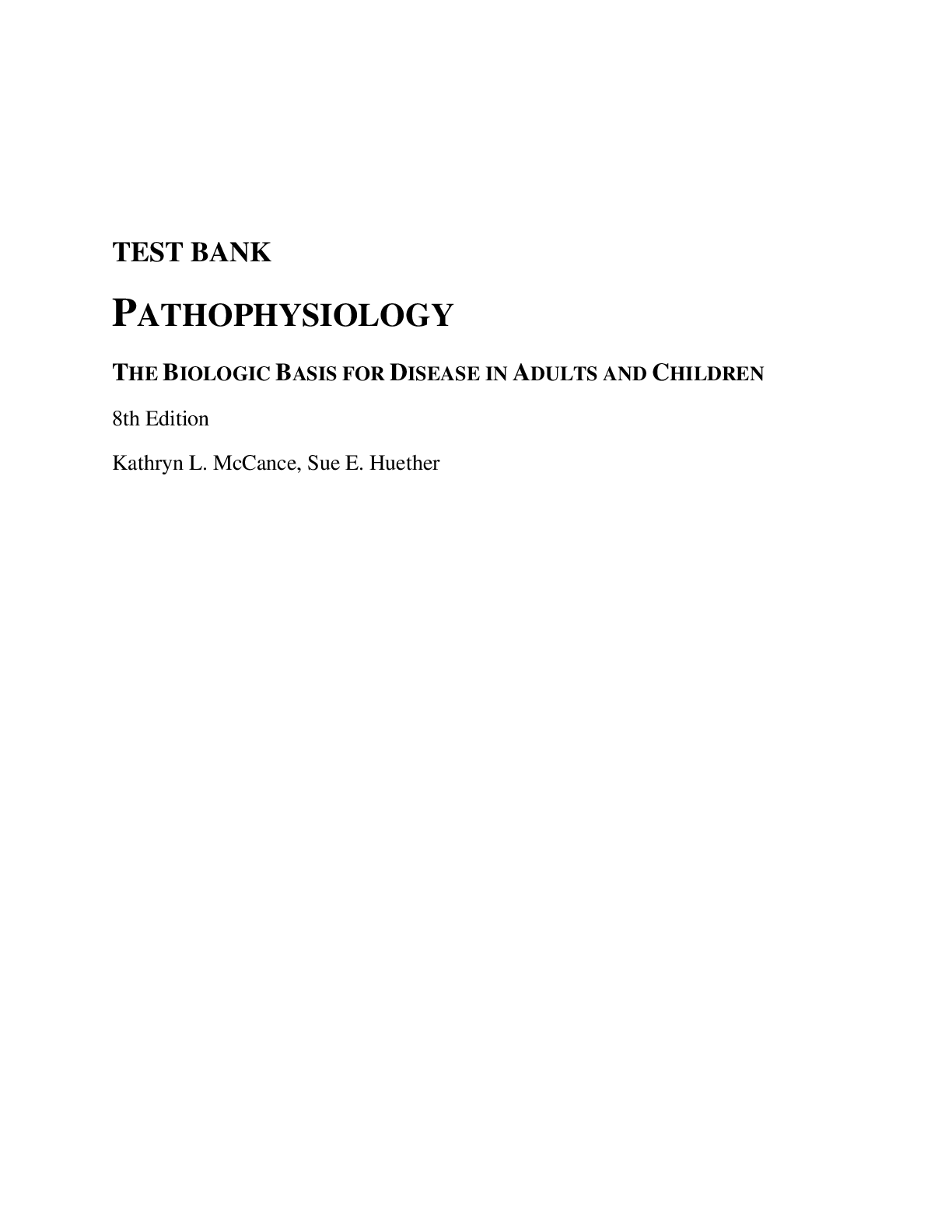

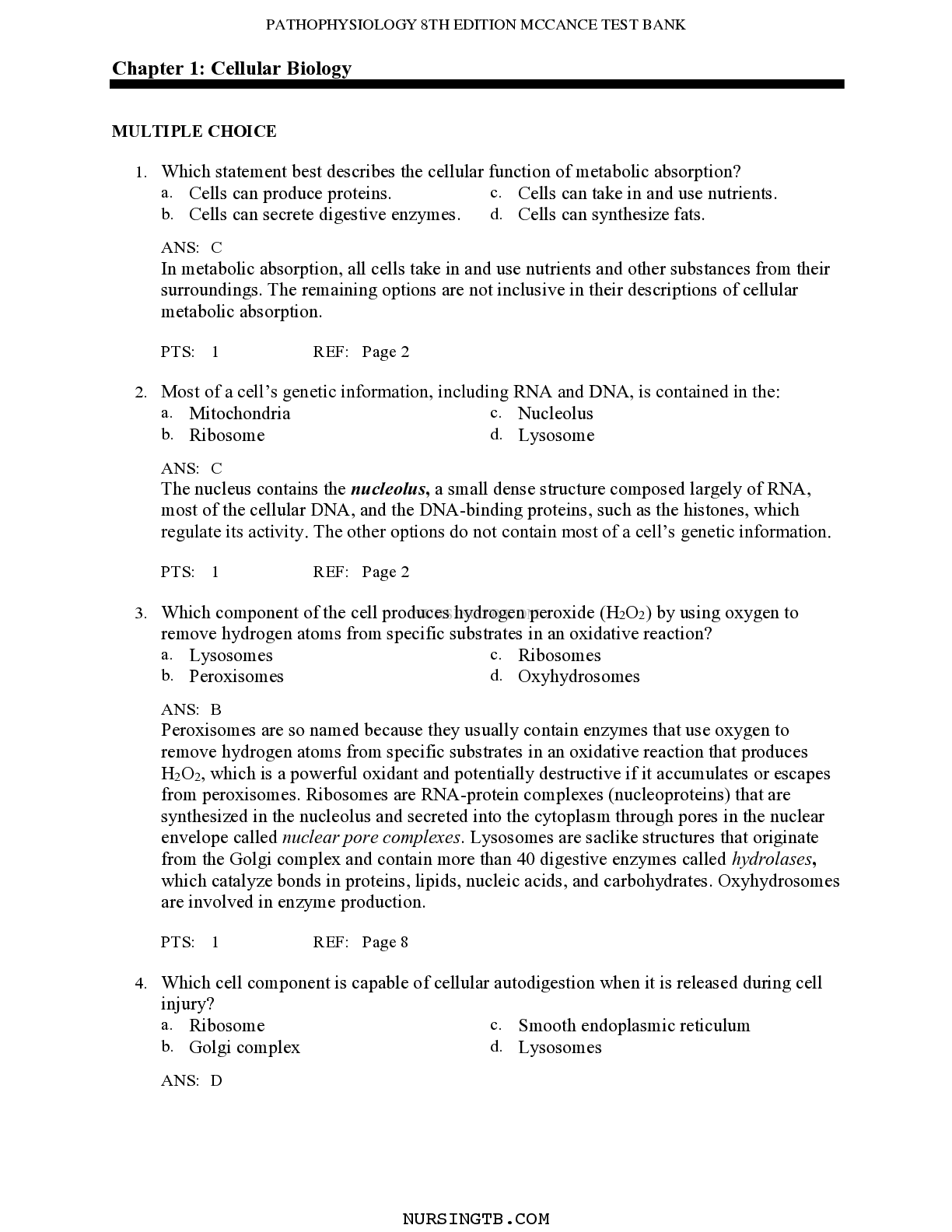
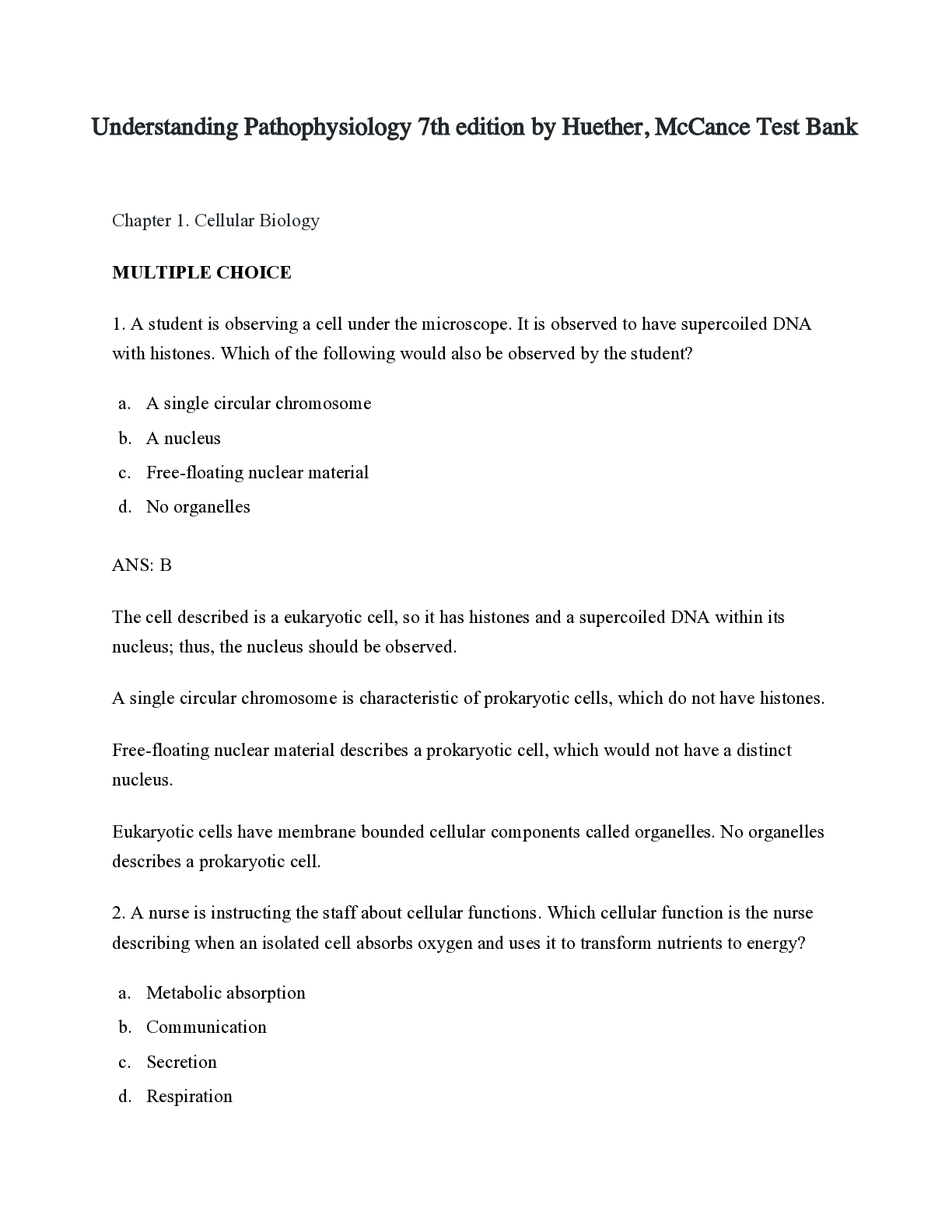

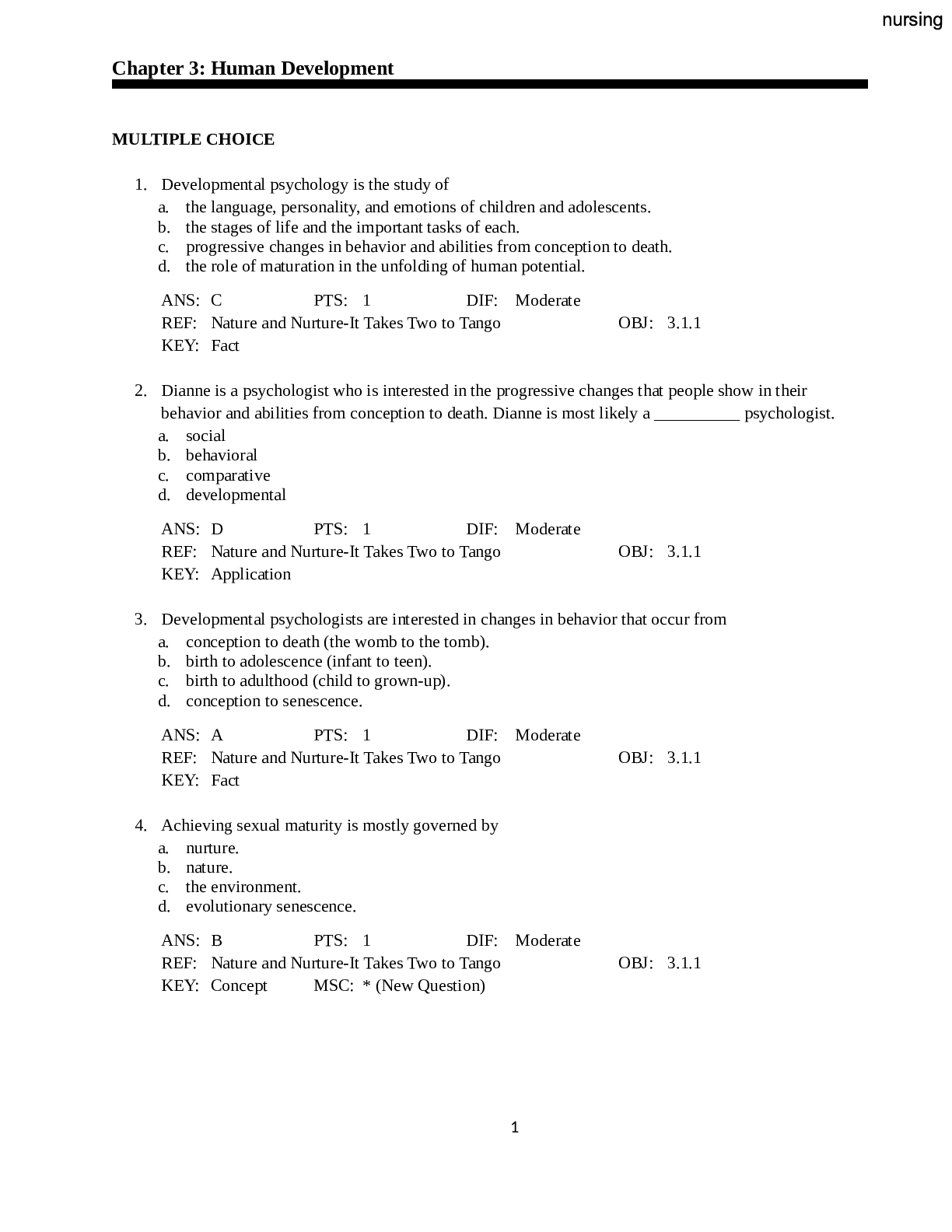

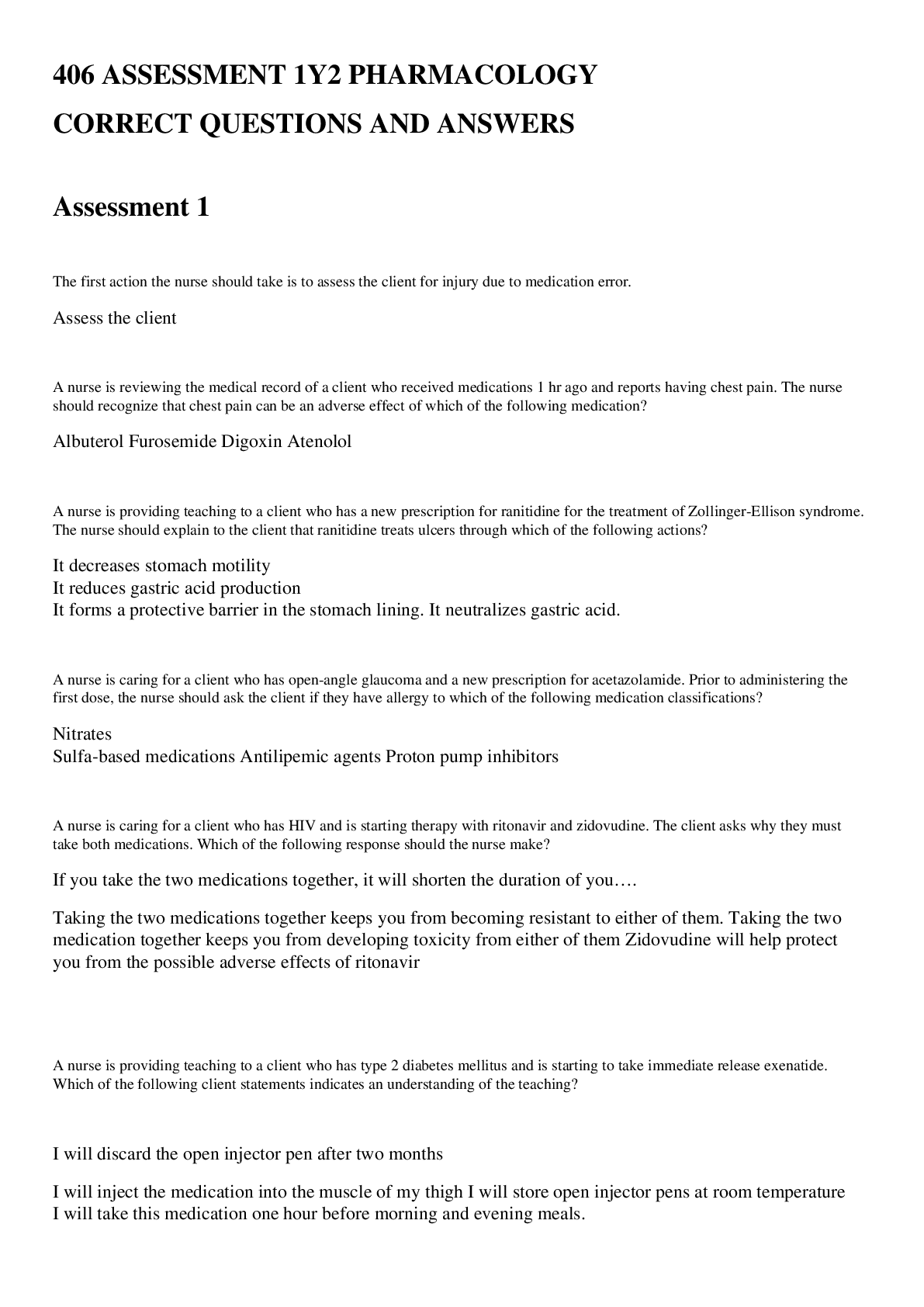
.png)



.png)

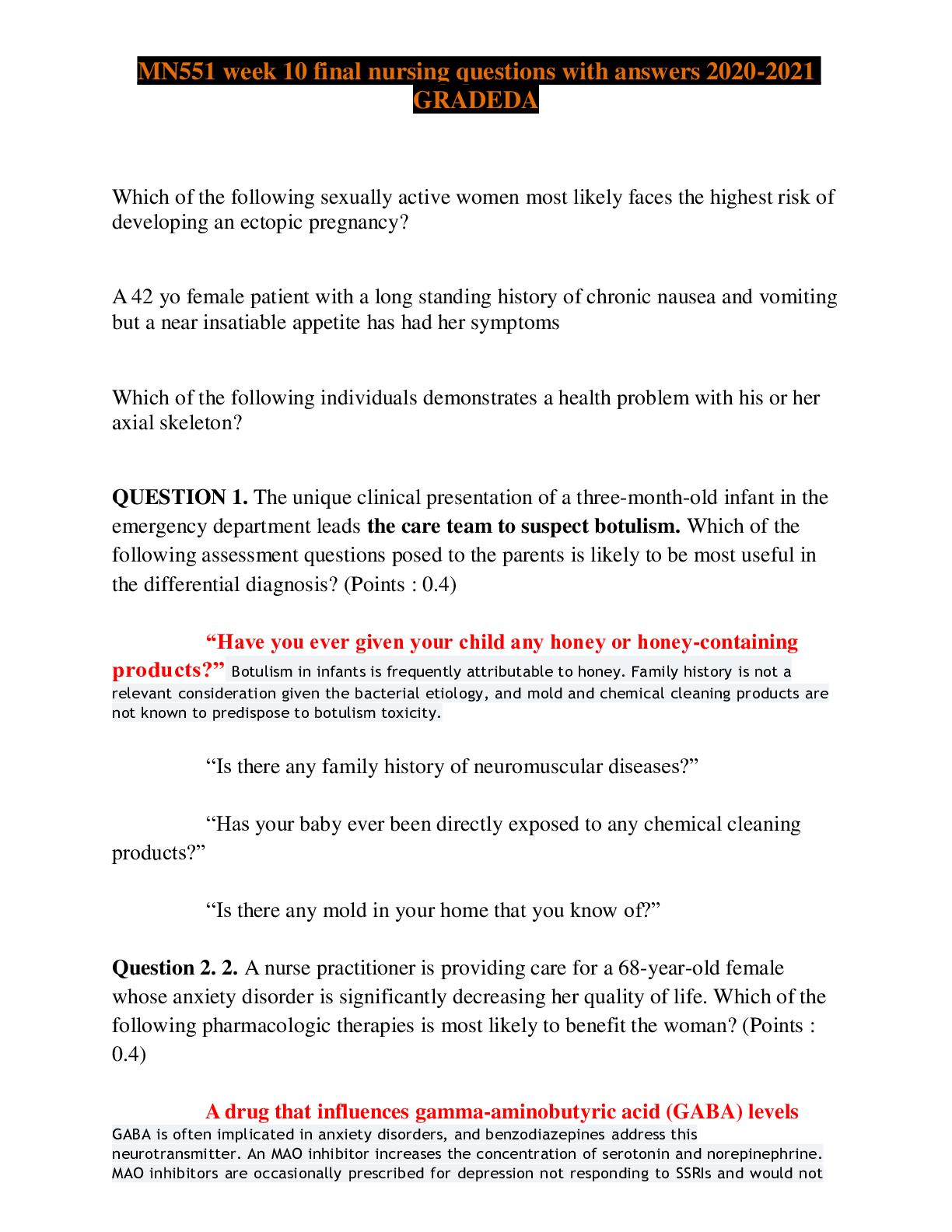
.png)
.png)
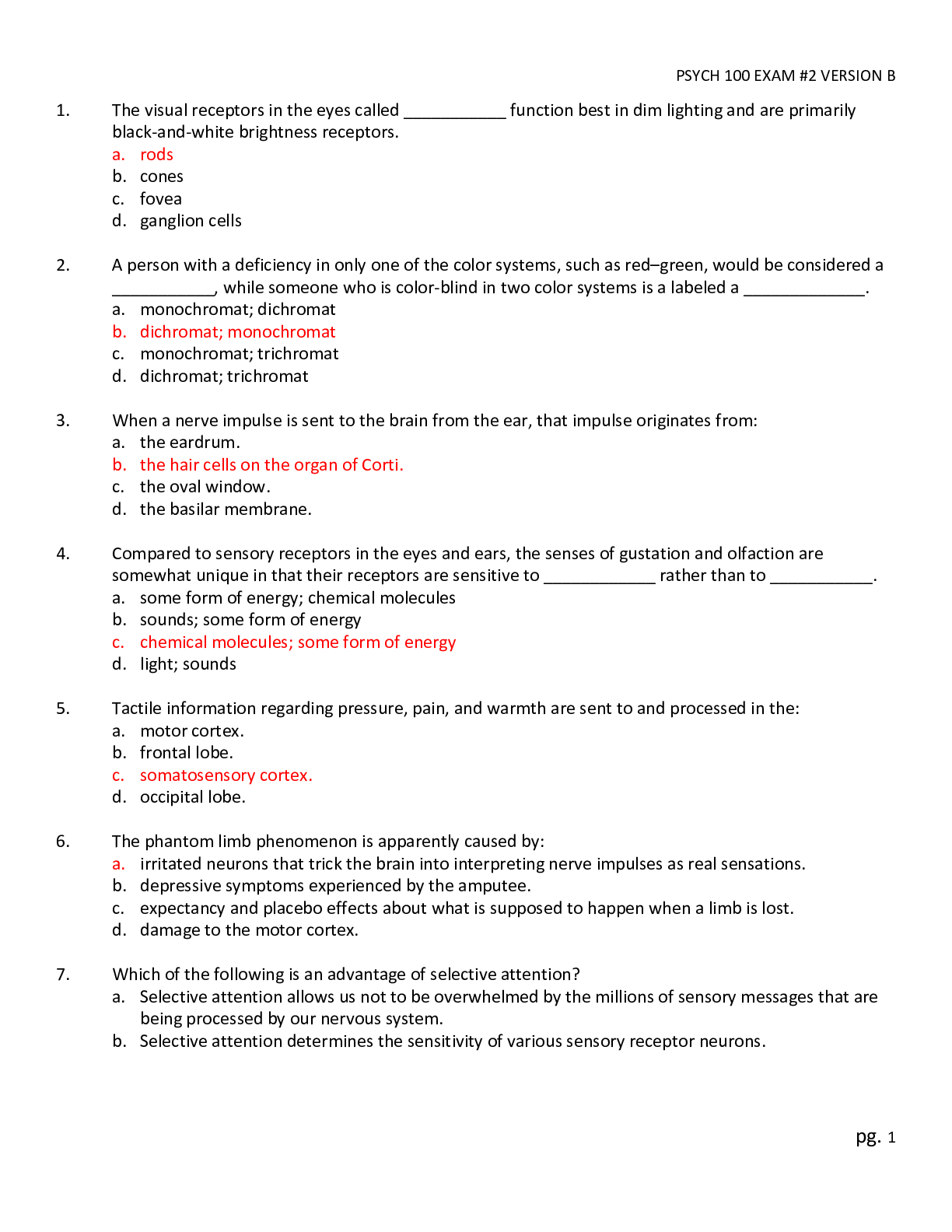
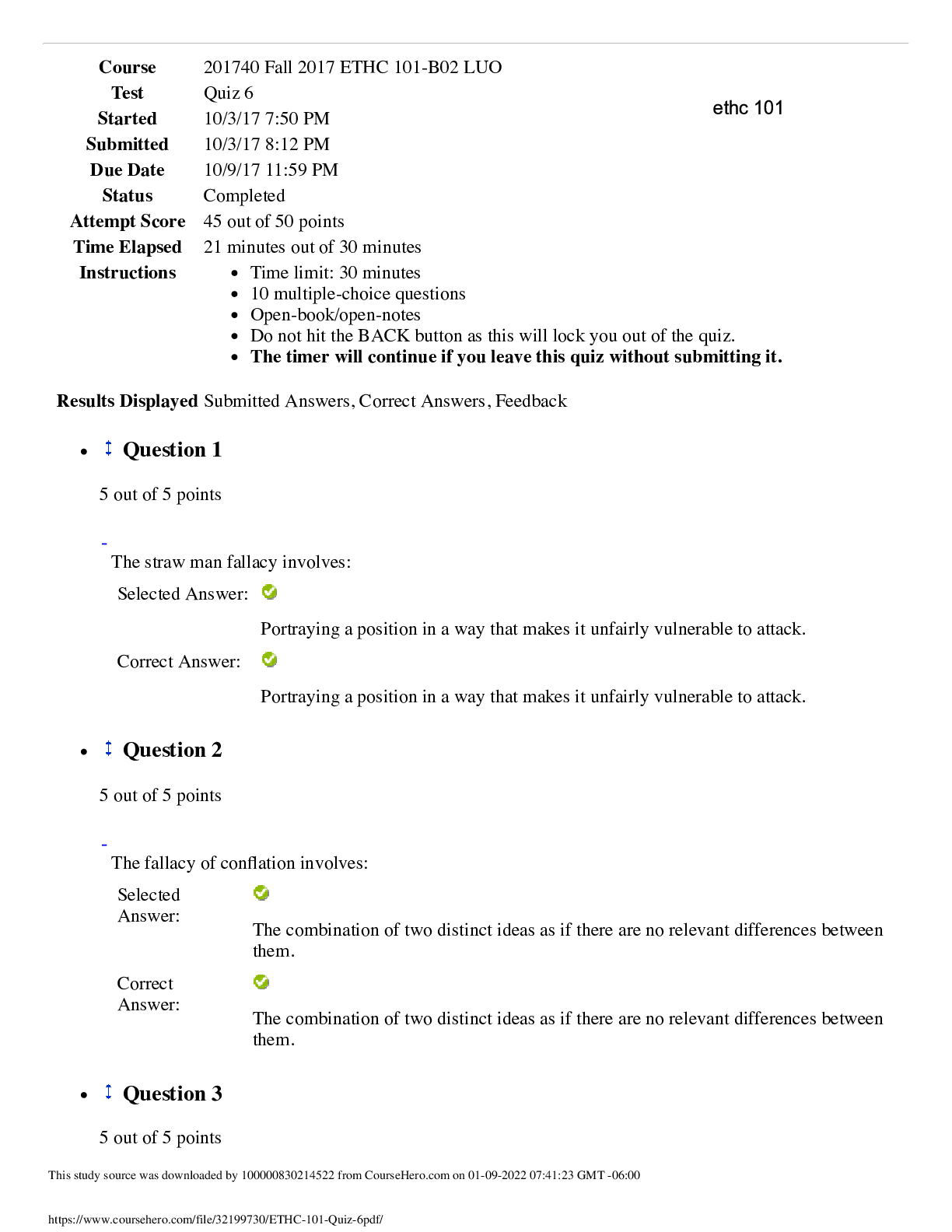
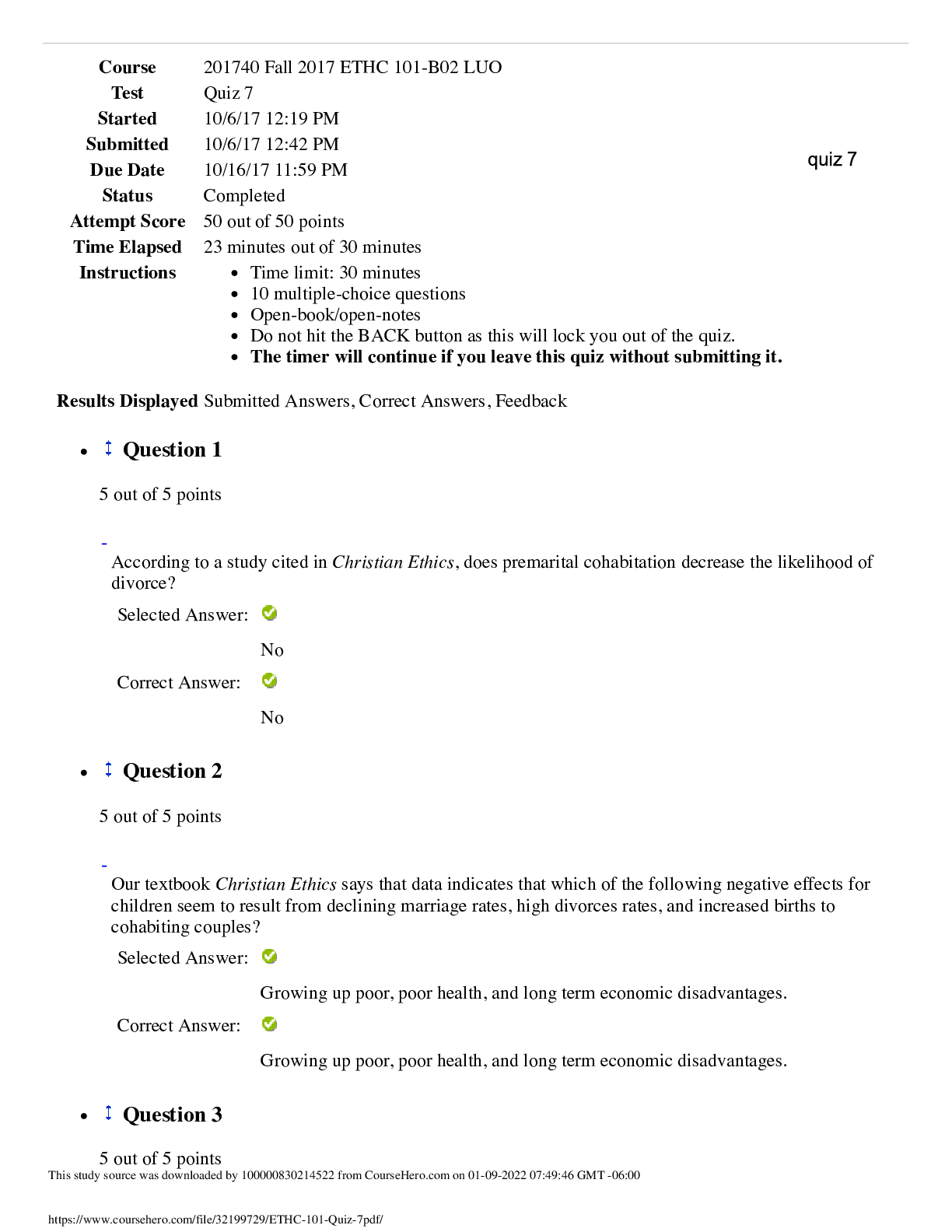
 (1).png)

